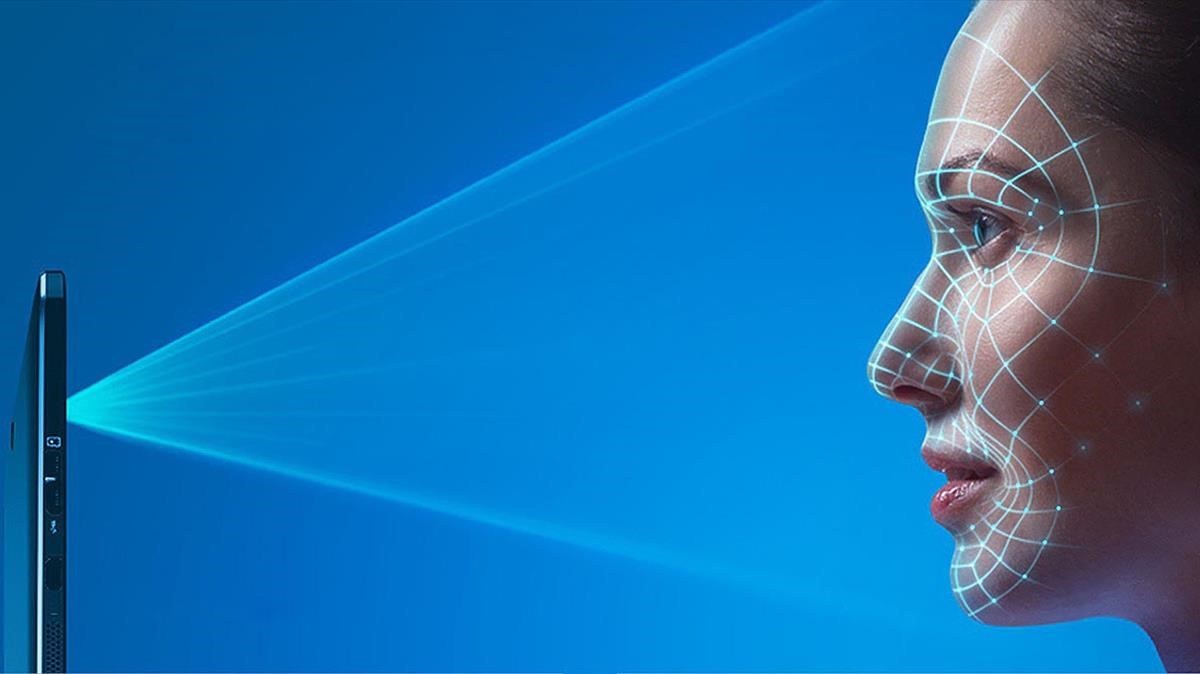Facebook’s recognition technology
April 19, 2018 | Expert Insights

A US judge has recently ruled in favour of a class action suit against Facebook’s “face templates” that it creates with face recognition technology. Face recognition technology has historically been used by governments and security services, however, technology firms such as Alibaba and Apple are increasingly providing services linked to face recognition.
Background
The earliest form of face recognition technology was developed in the 1960s. It required an administrator to locate features on photographs before calculating distances and ratios to a common reference point. The first automated system of facial recognition was developed by Goldstein, Harmon, and Lesk in the 1970s. Today’s facial recognition systems are based on technology developed by Turk and Pentland in 1991 and are fully automated. They can use digital images or a video frame from a video source to identify or verify an individual.
China is currently building one of the world’s most expansive facial recognition systems. The goal of the project, which was launched in 2015, is to be able to match a person’s face to their ID with 90% accuracy. It will essentially connect security cameras nationwide through cloud, to a database of every person’s facial ID profile. This will also be linked to a file of their personal details. Facial recognition systems such as this are employed by security services across the world.
Facebook is one of the largest social media corporations in the world today. In 2017, it had an average of over 2 billion monthly users. The recent Cambridge Analytica scandal drew global attention to the degree of control Facebook has over personal information, sparking debates on privacy and data use. Cambridge Analytica, a data mining organisation and political consultancy, received personal information of approximately 87 million Facebook users through a third-party app.
Facebook collects and stores several kinds of personal information from its users, including date of birth, education, employment, religion and political views, location history, mobile phone numbers, and preferences from browser “cookies”. Facebook CEO Mark Zuckerberg recently admitted that Facebook collects information even on those who are not registered users. Facebook has faced litigation in European courts due to this issue and is currently under investigation by the FTC.
Analysis
Today, the most common forms of facial recognition are used by social media. Facebook has a system that can identify faces in pictures and allows users the option of “tagging” the person. This facial recognition technology, launched in 2010, has been accused of violating biometric privacy.
A US judge from Illinois has ruled that arguments made against this technology were “sufficiently cohesive to allow for a fair and efficient resolution on a class basis”. A group of Facebook users had filed a complaint claiming that Facebook used of this technology without the consent of the subject of the image, or the person who uploaded the picture. They claim that Facebook collects and stores this data as part of a “face template”.
It has been pointed out that facial recognition is easily performed, without subject consent, unlike fingerprints, blood samples, or retinal scans. Observers have noted that public information on Facebook is easily exploited by surveillance companies.
A number of civil society organisations such as the American Civil Liberties Union (ACLU), and the Electronic Frontier Foundation have criticised this technology. ACLU notes, “The biggest danger is that this technology will be used for general, suspicion-less surveillance systems… in the construction of a comprehensive system of identification and tracking.” Silkie Carlo, director of civil liberties group Big Brother Watch added, "Biometric identification and tracking across the billions of photos on the platform exacerbates serious privacy risks to users."
Facebook is now planning to allow European Facebook users with the option to utilize this technology. However, Privacy watchdogs such as Ireland’s Data Protection Commissioner (DPC) have noted that this technology may not adhere to Europe’s new data protection laws (GDPR) which come into force on May 25th. The GDPR has already compelled Facebook to initiate new privacy guidelines for children, and steps to obtain user content for storing or sharing data.
Counterpoint
Facebook has claimed its technology has multiple positive uses. It allows visually impaired users to understand images. Facebook uses the technology to detect when a scammer is attempting to use a stolen photo. "We continue to believe the case has no merit and will defend ourselves vigorously," a spokesperson said.
Facebook is not the only organisation that has implemented this technology. Applications such as iPhoto and Google Images also allow users to turn on facial recognition to identify and sort images based on the people present in them. China’s Alibaba, allows people to “pay with a smile” by using face recognition technology to confirm payments. Apple’s FaceID introduced on the iPhone X allows users to unlock their phones by “looking” at it; some Microsoft devices have similar capabilities. Additionally, facial recognition technology is used by security services across the globe to address crime and find missing persons.
Assessment
Our assessment is that while facial recognition technology has multiple uses, it may also have sinister implications. This system could border on surveillance technology that has also been used in states such as China, which reportedly uses facial recognition sunglasses. As stated previously, if facial data and related information is breached, this could cause massive problems. The breach of privacy that comes with using face recognition systems has been justified by governments as a necessary trade-off for security and protection. What’s Facebook’s excuse?








Comments